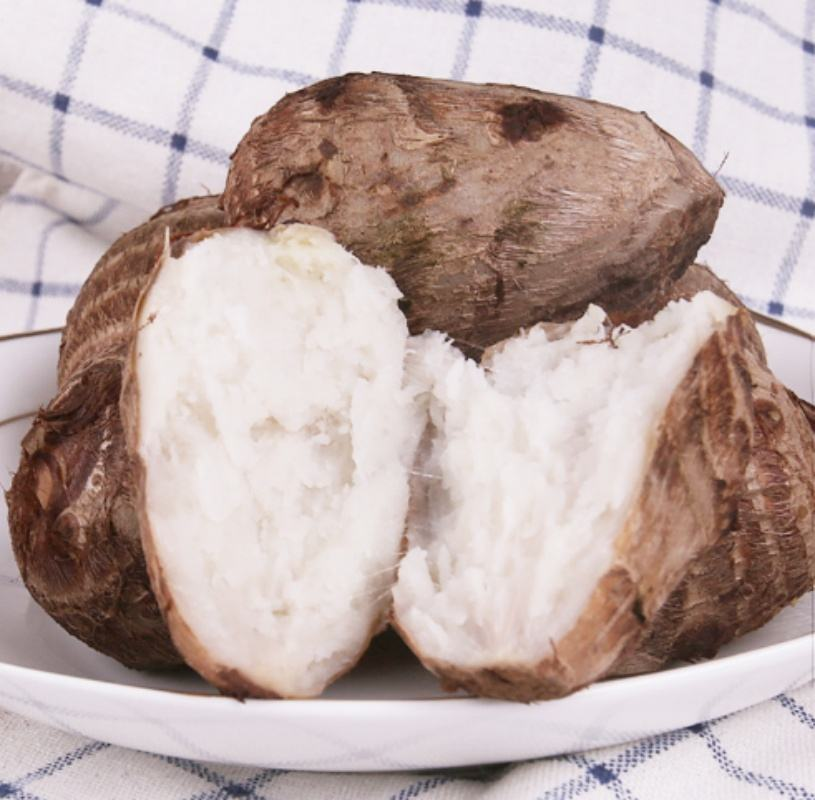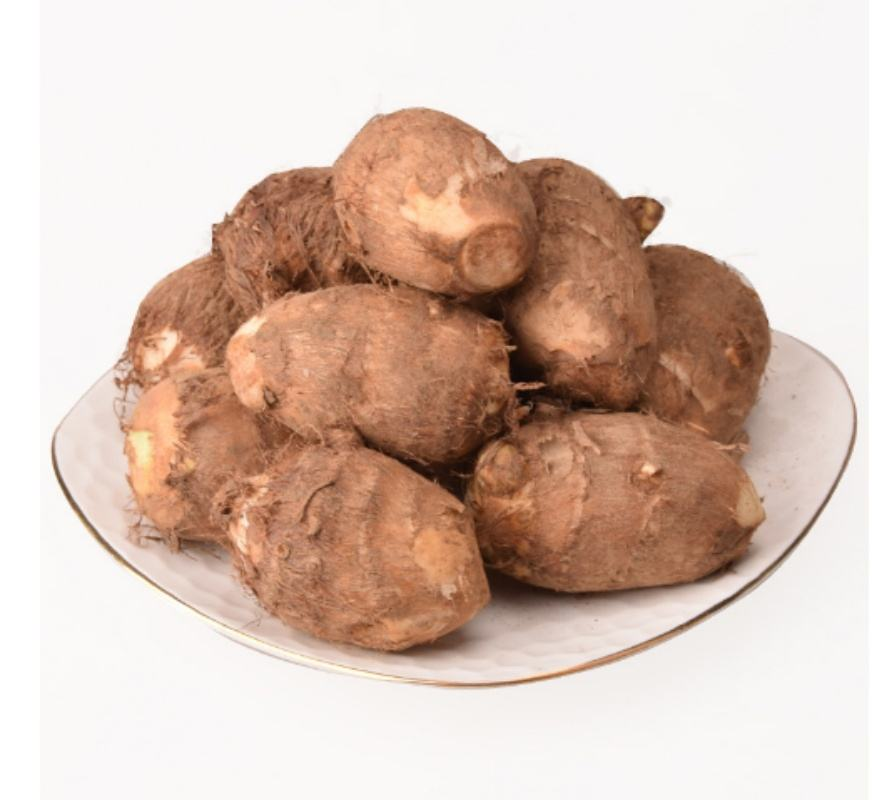The Growing Importance of Taro in Global Food Manufacturing
In recent years, food manufacturers worldwide have increasingly recognized the strategic value of maintaining stable taro supply chains. This versatile root vegetable, deeply rooted in Pacific Island cultures, has emerged as a crucial ingredient in various food products, from traditional poi to innovative gluten-free alternatives. The reliability of taro procurement has become paramount for food processors seeking to meet rising consumer demand while ensuring consistent product quality.
The food manufacturing industry's dependence on stable taro supply chains stems from both market dynamics and operational necessities. As consumer preferences shift toward healthier, more diverse food options, taro has positioned itself as a nutritious, allergen-free alternative to conventional starches. This growing demand has prompted manufacturers to establish robust supply networks that can deliver consistent quality and quantity throughout the year.
Strategic Benefits of Reliable Taro Procurement
Quality Control and Product Consistency
Food manufacturers prioritize stable taro supply chains to maintain stringent quality control standards. When working with reliable suppliers, manufacturers can ensure consistent taro characteristics, including moisture content, starch levels, and overall quality metrics. This consistency is crucial for standardized production processes and final product uniformity.
Moreover, established supply chains enable manufacturers to implement comprehensive quality assurance protocols, from farm to factory. Regular supplier audits, quality testing, and standardized handling procedures become possible only through long-term partnerships within stable supply networks.
Cost Management and Production Planning
Stable taro supply chains provide manufacturers with predictable pricing structures and reliable delivery schedules. This stability allows for more accurate cost forecasting and efficient production planning. When manufacturers can depend on consistent taro deliveries, they can optimize inventory levels, reduce storage costs, and minimize waste.
The financial benefits extend beyond direct cost savings. Reliable supply chains enable manufacturers to negotiate better terms with suppliers, plan seasonal production variations, and maintain steady cash flow throughout the year.
Environmental and Sustainability Considerations
Sustainable Farming Practices
Food manufacturers investing in stable taro supply chains often partner with farmers who implement sustainable agricultural practices. These partnerships promote environmentally responsible farming methods, including water conservation, soil management, and reduced chemical usage. Such practices not only ensure long-term supply stability but also appeal to environmentally conscious consumers.
Through established supply chains, manufacturers can better track and verify sustainable farming practices, supporting their environmental commitments while securing future taro availability. This transparency becomes increasingly important as consumers demand more information about food sourcing and production methods.
Climate Change Adaptation
Stable taro supply chains help manufacturers address climate change challenges. By working with diverse supplier networks across different regions, companies can better manage weather-related risks and maintain consistent supply despite localized environmental disruptions. This geographical diversification strategy has become essential for long-term business sustainability.
Additionally, manufacturers can collaborate with suppliers to implement climate-resilient farming techniques, ensuring continued taro production in the face of changing weather patterns and environmental conditions.

Technology Integration in Supply Chain Management
Digital Tracking and Traceability
Modern stable taro supply chains leverage advanced technology for improved tracking and traceability. Manufacturers implement blockchain solutions and digital platforms to monitor taro movement from farm to factory, ensuring transparency and food safety compliance. These systems enable quick response to quality issues and facilitate efficient recall procedures when necessary.
The integration of technology also supports better inventory management and demand forecasting, allowing manufacturers to optimize their taro procurement strategies and reduce supply chain inefficiencies.
Data Analytics and Predictive Planning
Food manufacturers utilize data analytics within their stable taro supply chains to enhance decision-making processes. Advanced analytics tools help predict supply fluctuations, optimize ordering patterns, and identify potential disruptions before they impact production. This proactive approach ensures consistent taro availability while minimizing excess inventory and associated costs.
Through data-driven insights, manufacturers can also better understand seasonal variations, market trends, and changing consumer preferences, allowing for more strategic supply chain management.
Frequently Asked Questions
How do stable taro supply chains impact product pricing?
Stable taro supply chains generally lead to more consistent pricing structures, allowing manufacturers to maintain steady product prices for consumers. While initial investment in supply chain development may be significant, the long-term benefits include reduced price volatility and more predictable cost management.
What role does supplier relationship management play in taro supply chains?
Strong supplier relationships are fundamental to maintaining stable taro supply chains. Manufacturers invest in long-term partnerships, providing technical support, training, and sometimes financial assistance to ensure reliable supply. These relationships often include shared quality standards and mutual commitment to sustainability goals.
How do manufacturers ensure taro quality throughout the supply chain?
Manufacturers implement comprehensive quality control measures throughout their taro supply chains, including regular supplier audits, standardized testing protocols, and proper storage and handling requirements. Technology-enabled tracking systems help maintain quality documentation and ensure compliance with food safety standards.

